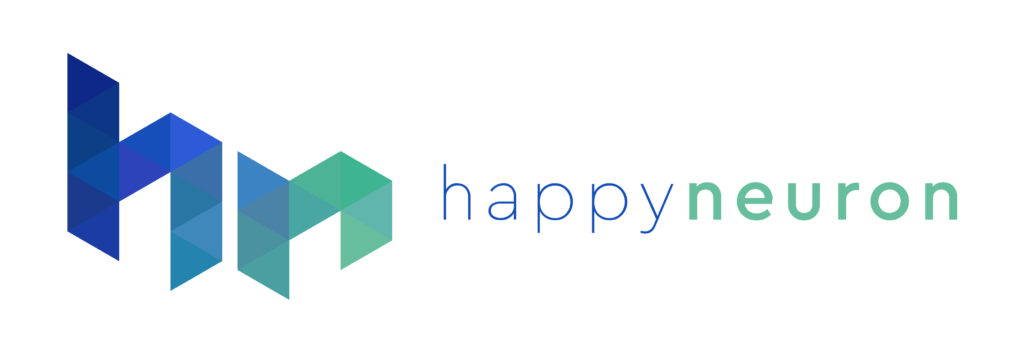Now more than ever, cognitive remediation is widely accepted and used as an intervention method. Studies have also found that it is possible to remediate cognitive complications experienced by those living with psychological disorders. Two of the leading styles of intervention are NEAR and ABCR.







